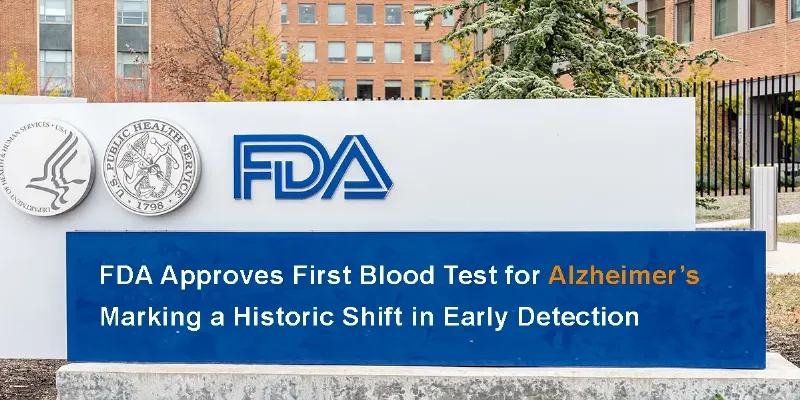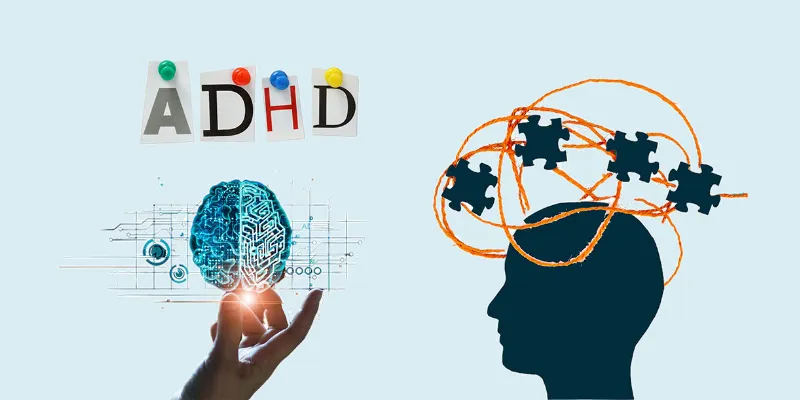Landmark Study Shows Improving Deep Sleep May Protect Against Dementia

2 November 2023
A Monash University research suggests that enhancing deep sleep could significantly reduce the risk of dementia in the elderly. The study tracked 346 individuals over 60 and found a 27% increased risk of dementia per 1% annual reduction in deep sleep. The findings highlight deep sleep's potential as a modifiable risk factor for dementia prevention.
The study, led by Associate Professor Matthew Pase and published in the prestigious JAMA Neurology journal, meticulously followed 346 individuals over the age of 60 who were part of the Framingham Heart Study. These participants underwent two detailed overnight sleep studies approximately five years apart, between 1995 and 2003. Researchers then tracked the incidence of dementia until 2018, noting that a mere 1 percent reduction in deep sleep per annum was linked to a worrying 27 percent escalation in dementia risk.
“Slow-wave sleep, or deep sleep, supports the ageing brain in many ways, and we know that sleep augments the clearance of metabolic waste from the brain, including facilitating the clearance of proteins that aggregate in Alzheimer’s disease. However, to date we have been unsure of the role of slow-wave sleep in the development of dementia. Our findings suggest that slow wave sleep loss may be a modifiable dementia risk factor,” Pase said.
Moreover, the analysis considered various influential factors such as age, gender, genetic predispositions, and medication use. Notably, the presence of the APOE e4 gene, a known genetic marker for Alzheimer's, was correlated with a more rapid decline in SWS, although brain volume was not.
“We used these to examine how slow-wave sleep changed with ageing and whether changes in slow-wave sleep percentage were associated with the risk of later-life dementia up to 17 years later. We also examined whether genetic risk for Alzheimer’s Disease or brain volumes suggestive of early neurodegeneration were associated with a reduction in slow-wave sleep. We found that a genetic risk factor for Alzheimer’s disease, but not brain volume, was associated with accelerated declines in slow wave sleep.” he said.
These findings echo the broader scientific consensus on the restorative powers of sleep, emphasizing its role in flushing out toxic proteins that accumulate during waking hours. The glymphatic system, responsible for this clearance, is most active during sleep, highlighting the potential long-term consequences of insufficient rest.
Given the observational nature of the study, causality cannot be firmly established. However, the evidence underscores the need for older adults, who are already prone to sleep disturbances, to prioritize sleep quality.
This research not only bolsters our understanding of the complex interplay between sleep and cognitive health but also signals a call to action for individuals and healthcare providers alike to view deep sleep maintenance as a potential strategy for dementia prevention.
Association Between Slow-Wave Sleep Loss and Incident Dementia
Abstract: Importance Slow-wave sleep (SWS) supports the aging brain in many ways, including facilitating the glymphatic clearance of proteins that aggregate in Alzheimer disease. However, the role of SWS in the development of dementia remains equivocal. Objective: To determine whether SWS loss with aging is associated with the risk of incident dementia and examine whether Alzheimer disease genetic risk or hippocampal volumes suggestive of early neurodegeneration were associated with SWS loss. Results: From the 868 Framingham Heart Study participants who returned for a second PSG, this cohort included 346 participants with a mean age of 69 years (range, 60-87 years); 179 (52%) were female. Aging was associated with SWS loss across repeated overnight sleep studies (mean [SD] change, −0.6 [1.5%] per year; P < .001). Over the next 17 years of follow-up, there were 52 cases of incident dementia. In Cox regression models adjusted for age, sex, cohort, positivity for at least 1 APOE ε4 allele, smoking status, sleeping medication use, antidepressant use, and anxiolytic use, each percentage decrease in SWS per year was associated with a 27% increase in the risk of dementia (hazard ratio, 1.27; 95% CI, 1.06-1.54; P = .01). SWS loss with aging was accelerated in the presence of Alzheimer disease genetic risk (ie, APOE ε4 allele) but not hippocampal volumes measured proximal to the first PSG. Conclusions and Relevance: This cohort study found that slow-wave sleep percentage declined with aging and Alzheimer disease genetic risk, with greater reductions associated with the risk of incident dementia. These findings suggest that SWS loss may be a modifiable dementia risk factor.











Comments
No Comments Yet!